
Music / “Afternoon Tea at Six” album launch, Eishan Ensemble, at The Street Theatre, February 13. Reviewed by TONY MAGEE.
THE Tar is an Iranian musical instrument, resembling a long-necked lute. Its sound quality is unique, but certainly includes hints of banjo, mandolin and lute.
In the hands of Iranian tar virtuoso Hamed Sadeghi, he and the instrument took centre stage, delivering spellbinding and evocative sounds of mystique, colour, warmth, passion and beauty.
Sadeghi was wonderfully supported by Michael Avgenicos on alto saxophone, Maximillian Alduca on double bass and Adem Yilmaz on percussions. Each of these artists also had numerous opportunities to showcase their own unique and superb talents throughout each of the eight pieces played on the night.
This was world music, where east meets west, including Indian, Middle Eastern and Western classical influences.
One of the hallmarks of the ensemble’s playing is the frequent use of unison between tar and alto sax, sometimes joined by the double bass, where Alduca would double or triple the melody, whilst at the same time, keeping the solid bass foundation driving through.

Much of this music is meditative in nature, particularly Sadeghi’s solo improvised tar introductions to many of the pieces, before bass and percussion created a huge array of pulses and rhythmic diversity over which the tar and sax could soar.
Whilst the pieces mostly ranged between triple time and quarter time, specific time signatures were cleverly disguised by the myriad of unusual accent points that Sadeghi places in his melodic phrases.
In fact, this music is sometimes “a-rhythmic” in nature, which is another fascination and hallmark of the style of the ensemble.
Opening with an extended and mournful tar solo from Sadeghi, the first piece, “En Route to Balkh”, referencing a town in Afghanistan, slowly introduced gentle percussion effects from Yilmaz, joined by bowed bass of majestic depth and discreet sax splashes, almost a prelude to the beginning of the concert.
“Behind the Window” and “The Street” included excellent bass solos from Alduca, the latter piece beginning with a hard driving bass and percussion foundation, captivating and drawing the listener in.
Other pieces featured on the album included “Black and White”, which opened the second half of the show, also featuring an extended tar solo introduction and “Future #2” which included a stunning percussion solo from Yilmaz, full of musical colourations, and interesting and unusual rhythmic accents.
“The Street” was also requested by several audience members as an encore, and on both occasions everyone, myself included, were caught out with its false ending – applause erupting at what seemed like the finish – only to have the ensemble strike up again for a final musical epilogue.
As an ensemble, Eishan operate almost as one, with superb accuracy in phrasing, cadence points and endings.
Sadeghi spoke only once during the first half and once during the second half, leaving the power of the music to say everything that was necessary.
Who can be trusted?
In a world of spin and confusion, there’s never been a more important time to support independent journalism in Canberra.
If you trust our work online and want to enforce the power of independent voices, I invite you to make a small contribution.
Every dollar of support is invested back into our journalism to help keep citynews.com.au strong and free.
Thank you,
Ian Meikle, editor
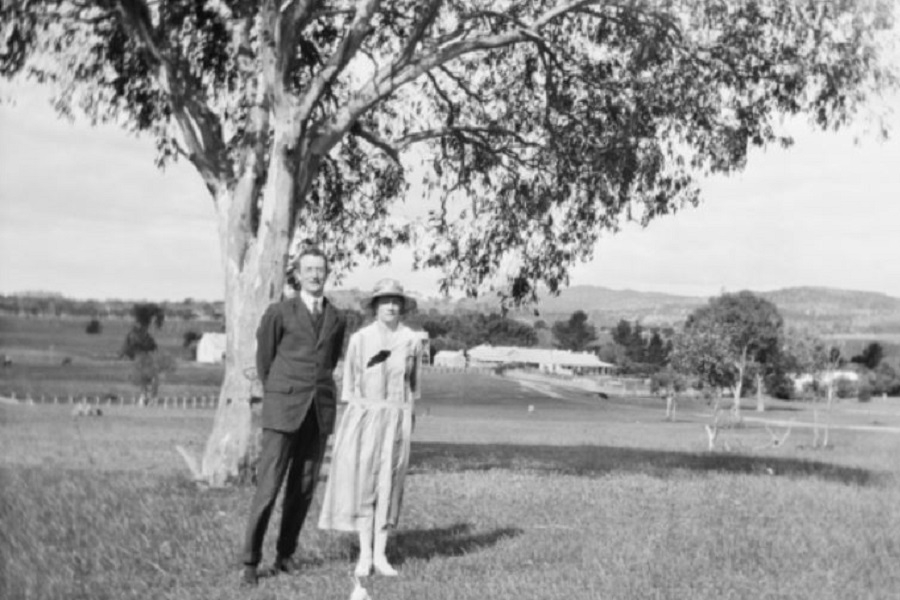
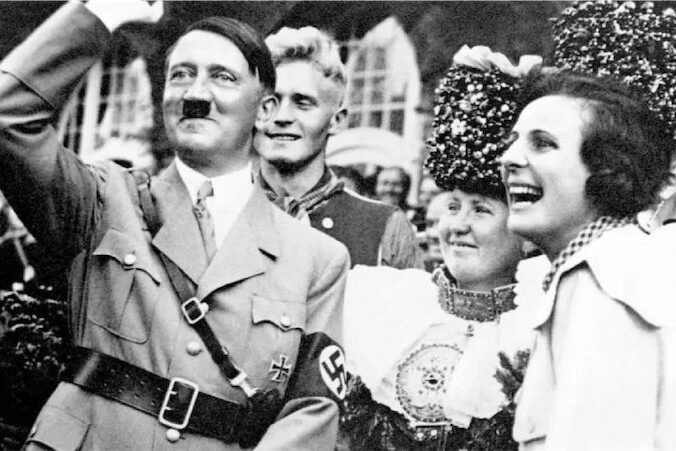

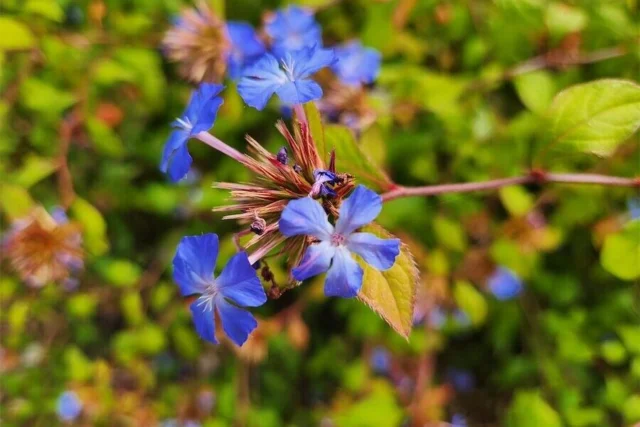
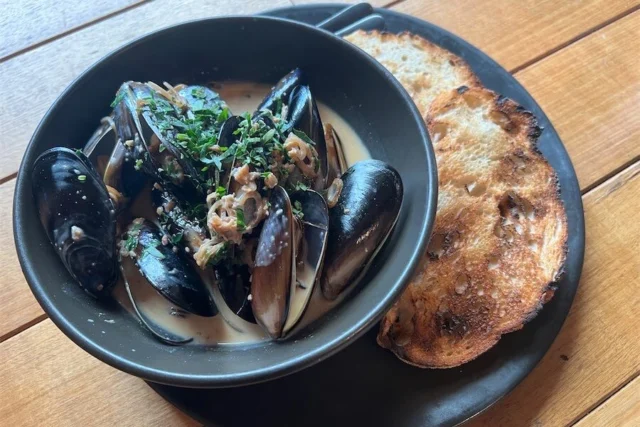
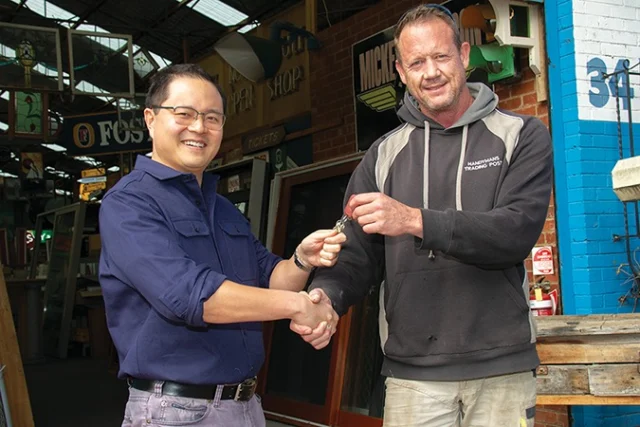
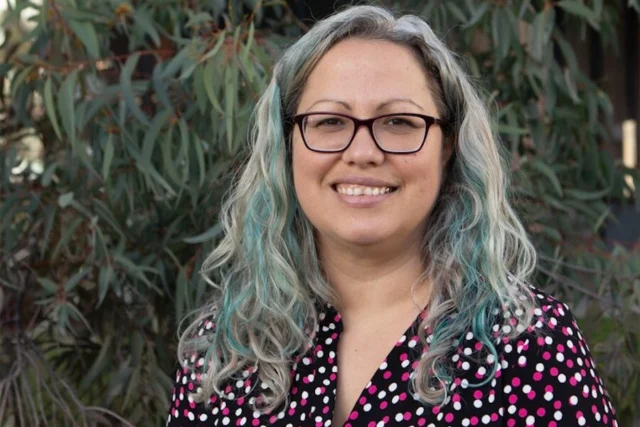

Leave a Reply